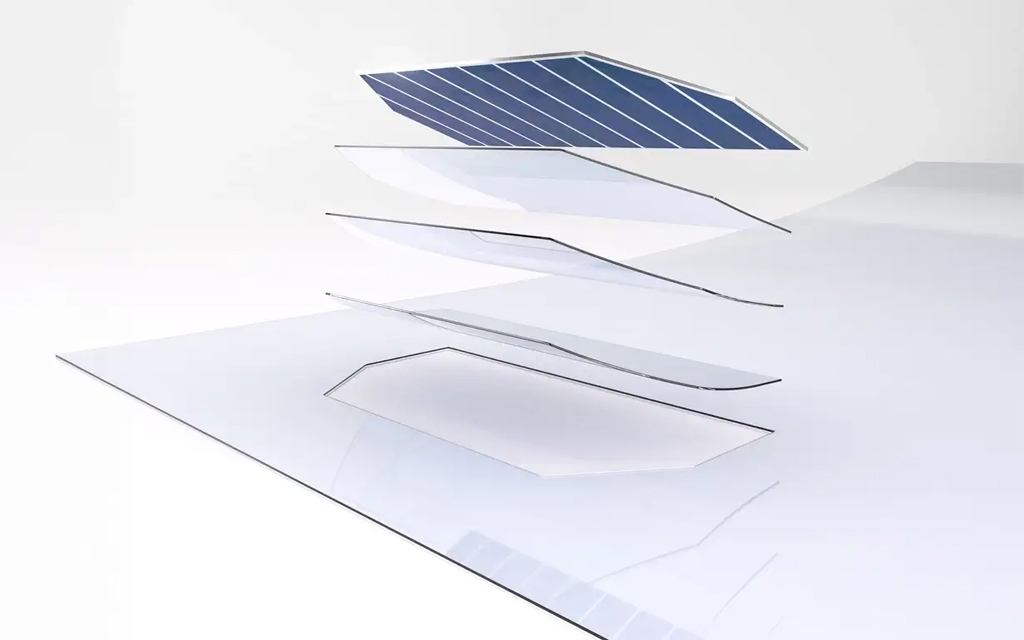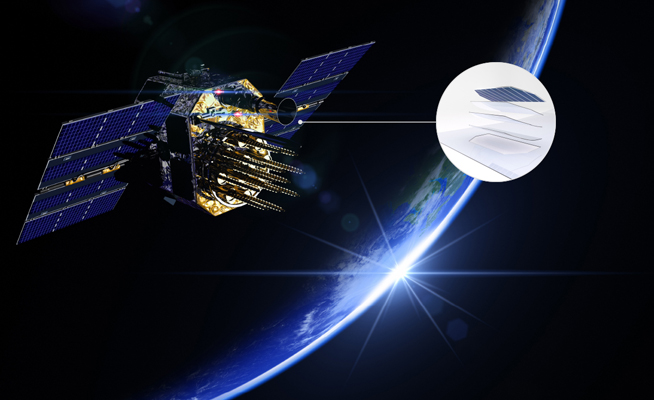SCHOTT has announced the launch of SCHOTT® Solar Glass exos, an innovative solar cell cover glass designed for next-generation space missions. Developed with funding from the European Space Agency (ESA) and supported by the German Aerospace Center (DLR), exos was developed together with AZUR SPACE Solar Power (a 5N Plus company), Europe’s leading developer of multi-junction solar cells, which also conducted testing and initial validation.

The new solar cell cover glass is engineered to deliver optical stability, thermal compatibility, and broad scalability for advanced satellite applications. The exos collaboration combines SCHOTT’s materials expertise with AZUR SPACE’s technology leadership to deliver a cover glass compatible with a wide range of solar cell types, from silicon cells to advanced III-V multi-junction solar cells, which are the industry standard for modern satellites.
SCHOTT® Solar Glass exos features an advanced design for long-term performance in demanding space environments. Its optimised composition provides exceptional UV absorption and optical stability, maintaining reliable protection and high transmission even after extended radiation exposure. The glass is highly resistant to solarisation, with transmission characteristics that remain virtually unchanged over time — a key advantage for ensuring consistent efficiency in satellite solar cells and optical assemblies.
Additionally, the precisely tuned UV transmittance edge of SCHOTT® Solar Glass exos allows manufacturers to fine-tune UV protection by selecting the appropriate glass thickness. This controlled cut-off design shields underlying adhesives and sensitive materials from premature UV exposure, enhancing durability and long-term bonding stability.
With a coefficient of thermal expansion (CTE) of 6.9 × 10⁻⁶ K⁻¹ precisely matched to GaAs solar cells, exos minimises mechanical stress and enhances structural integrity under thermal cycling. Available in scalable formats and customisable thicknesses, it has been engineered to meet demanding mission profiles across LEO, MEO, and GEO orbits. The cerium-doped material is undergoing qualification in accordance with European Cooperation for Space Standardisation (ECSS) standards.
To learn more about the SCHOTT x AZUR SPACE collaboration click here.





